Entessar says over the past decade the U.S. military budget has increased 10 percent each year while during this period, the economy has grown just by an average of 2.7 percent.
“In the past decade alone, in total dollars (after accounting for inflation), the U.S. military budget has risen 10 percent each year. During the same period, the U.S. economy has grown by an average of 2.7 percent each year,” Entessar told the Mehr News Agency.
The professor also argues that the United States is moving in direction of its “imperial over-stretch”.
Following is the text of the interview:
Q: What is the relationship between military expenditure and the United States’ economy?
A: The economy of the United States is a "war economy." In the past decade alone, in total dollars (after accounting for inflation), the U.S. military budget has risen 10 percent each year. During the same period, the U.S. economy has grown by an average of 2.7 percent each year. In general, the U.S. military expenditure is now slightly over $2,000 per every resident of the country. In the fiscal year 2012, the military-related expenditures will account for 25 percent of the U.S. federal budget. By comparison, educational expenditures will account for 3 percent and transportation will account for 2 percent of the U.S. federal budget. Moreover, for every tax dollar paid by a U.S. resident, 38 percent goes to military-related activities. In short, military spending in the United States has effectively siphoned off much needed investments in social and civilian economic sectors of the U.S. economy.
Q: Which organizations in the U.S. benefit from rising military expenditures?
A: Obviously, what is referred to as the military-industrial complex is the most important beneficiary of military expenditures. Specifically, weapons manufacturers and their vast network of sub-contractors are the prime beneficiaries of military spending. Also, research institutions, including several universities, have benefited from military spending in the United States.
Q: Is it not necessary for the hegemonic country to sustain high costs in the military sector in order to preserve and establish the hegemonic order in the international system?
A: If we study the rise and fall of empires in history, every hegemonic empire eventually became the victim of what the historian Paul Kennedy has called the "imperial over-stretch." In other words, when an empire's economic capabilities are no longer able to support its imperial political and military goals, that empire becomes weaker and weaker and will ultimately loses its hegemony. It can be argued that the United States has not reached the level of its imperial over-stretch, but it is moving in that direction.
Nader Entessar is professor of the University of South Alabama. He is the author of Kurdish Ethnonationalism (1992) and the co-editor of Reconstruction and Regional Diplomacy in the Persian Gulf (Routledge, 1992) and Iran and the Arab world (St Martin Press, 1993).
JH/JH
MNA
END


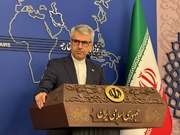
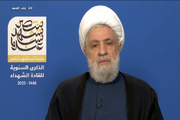
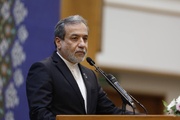





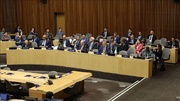

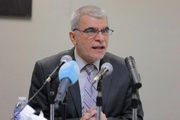



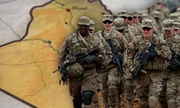




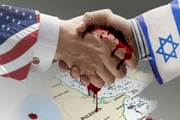



Your Comment